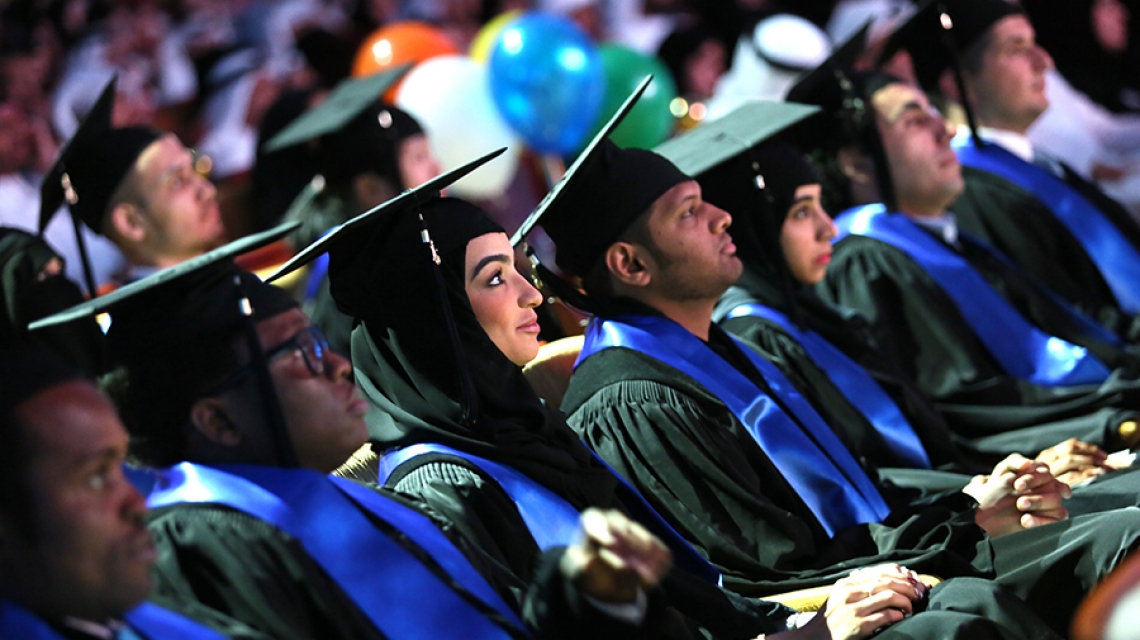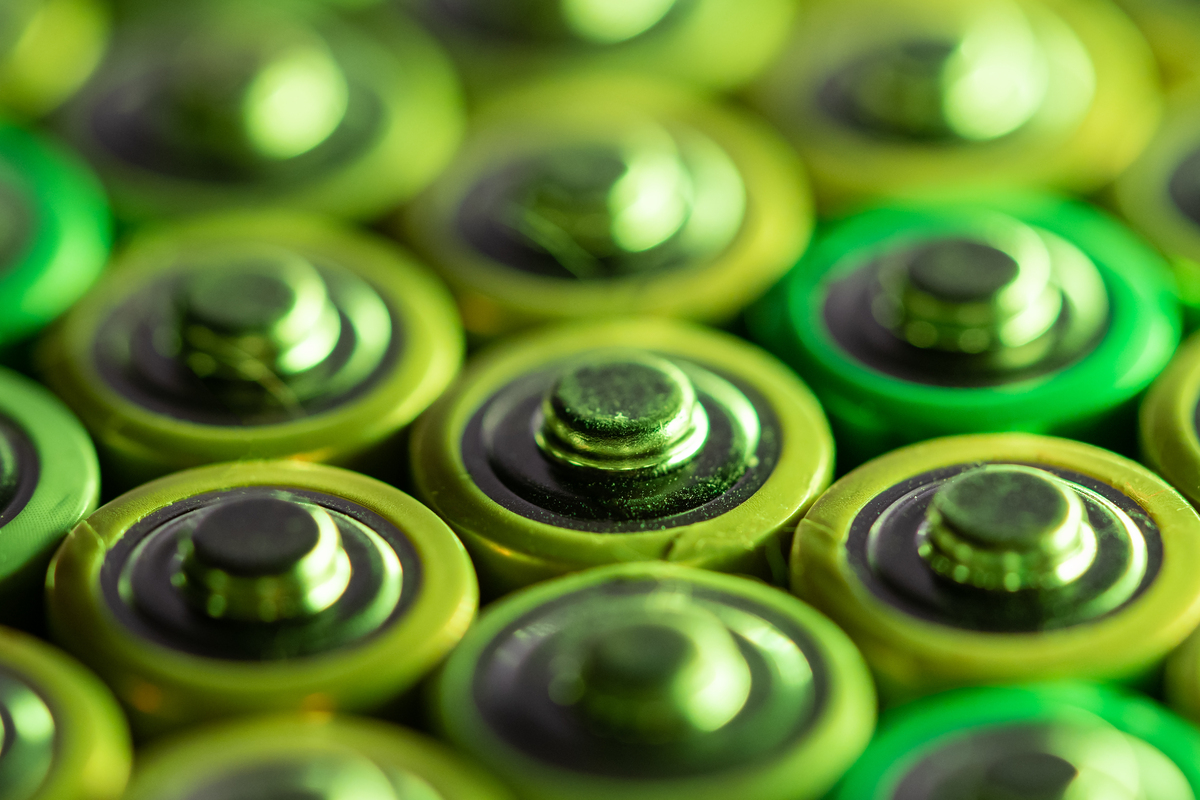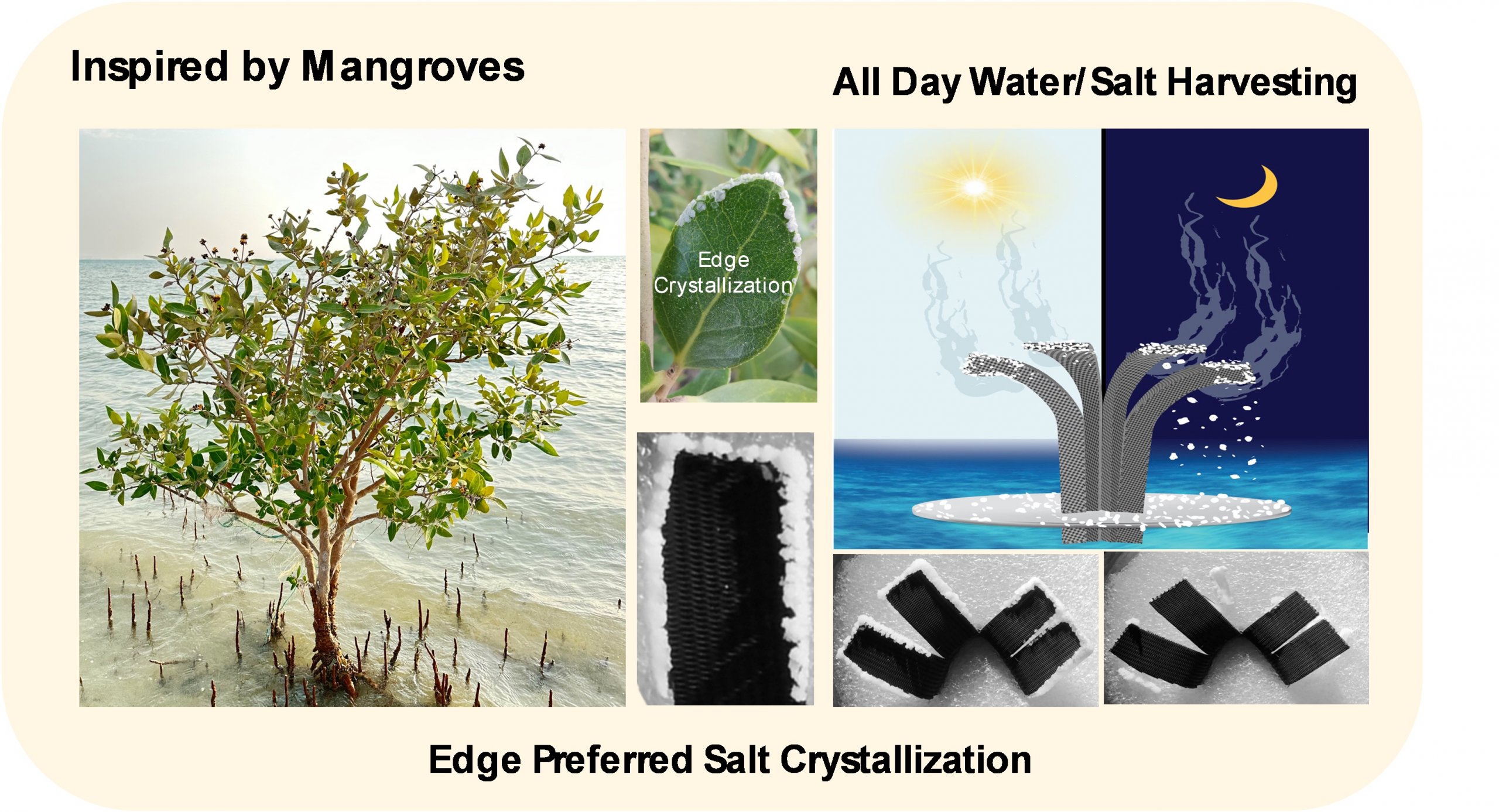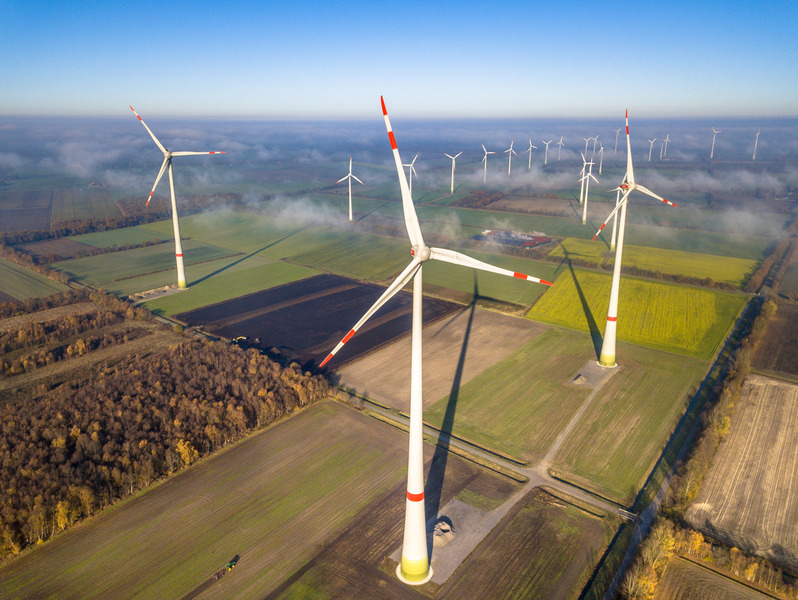
The Masdar Institute Class of 2017 commencement has come at a time when we are celebrating many milestones in the journey of our pioneering university.
The May 17 graduation honored the completion of studies of our seventh batch of students in our Master’s programs and the third and largest batch from our Interdisciplinary doctorate program. We also welcomed our first graduates from the Masdar Institute Master’s concentration in space systems and technology, which we launched in 2015 in response to the country’s space exploration and space sector ambitions. The Class of 2017 graduation also coincides with the year we celebrate ten remarkable years since Masdar Institute was established by the UAE’s visionary leadership. And all of this is happening as we are looking forward to the beginning of a new chapter for Masdar Institute as part of the Khalifa University of Science and Technology. This new phase will allow us to continue the important legacy we have created into the next ten years and it brings with it a sense of excitement and anticipation for the great achievements and innovations the new university can accomplish.
These four milestones provide us with the perfect backdrop to reflect on the achievements of the past decade. This has been a decade in which our faculty and students have had significant research impact and made breakthrough discoveries. It has been a period marked by passionate and determined research, development and effective collaboration, which culminated in Masdar Institute becoming one of the region’s leading advanced energy and sustainable technologies innovators. It has been a decade of contribution to the UAE’s human capital development and enriching the confidence and ability of our students to change the world. As innovators and problem-solvers, we have tackled some of the UAE’s most pressing challenges with pioneering research.
With our talent and the leadership’s support, we have been able to achieve what would take other universities many decades to achieve. Masdar Institute has made great strides towards our founding mandate of supporting the UAE’s quest for sustainable development and an innovative knowledge economy transformation. We have made solar cell manufacturing more efficient and cost-effective through the development of a novel fabrication method for optoelectronics. We have advanced waste-to-energy by creating a novel chemical reactor that converts waste cooking oil to high-quality biodiesel in a low-cost, energy-efficient way. Our faculty and students’ innovative skill resulted in the use of carbon nanotubes to make materials stronger, energy storage cheaper and water purification more sustainable. They have also developed a number of innovative devices for energy efficient desalination to sustainably meet the country and wider world’s water challenges. We are mitigating faults in the electric power grid with a patented fault ride-through system that stabilizes the electric grid and responds to the need to maintain uninterrupted electrical power supply. We have improved water treatment by pioneering a self-cleaning advanced water treatment membrane that reduces fouling and thereby improves the filtering of impurities from water.
The success of these projects and others is reflective of our commitment to solving the UAE’s most critical challenges and advancing the UAE’s National Innovation Strategy. And it is because of achievements like these that Masdar Institute has been ranked as the top academic institution in the UAE in the Nature Index 2016 rankings. In addition to this, the Institute is also ranked 8th out of the top 25 institutions in the Middle East and West Asia in the Nature Index 2016 Rising Stars list, which includes institutions showing the most significant growth in high-quality research publications.
This year’s graduation has been a prime example of how Masdar Institute has cultivated and adapted its programs and concentrations in line with the changing needs of the UAE as we graduate our first batch of students from the Master’s concentration in space systems and technology.
This specialized concentration was developed in collaboration with Yahsat and Orbital ATK, and is a response to the leadership’s call to advance space-related innovation as part of the UAE’s National Innovation Strategy. The Class of 2017 graduates from this pioneering concentration are now prepared to advance the UAE’s national space exploration goals and space-related industries. Additionally, the Class of 2017 exemplify the Institute’s ongoing commitment to advancing women in engineering and the sciences. As an example of this, we are proud to be graduating 43 women from the Class of 2017, who have been prepared to be the next generation of great innovators in the UAE and worldwide.
All of these achievements would not have been possible without the guidance and support of the UAE leadership.From the very beginning, the leadership bestowed on Masdar Institute a very important purpose – to address the UAE’s call to provide human capital and R&D in sustainable energy and advanced technologies. We have also benefited from the expertise of our academic partner – the Massachusetts Institute of Technology. With MIT’s assistance, Masdar Institute has become one of the leading entities in education and research in the region. And of course, Masdar Institute would not be able to take advantage of the opportunities and expertise the UAE leadership and MIT have provided us if it was not for the many talented and dedicated faculty, staff and students who have continually joined in this visionary effort to be part of something great. Thank you for helping make Masdar Institute the success that it is today, and taking us through to the next chapter as a member of the Khalifa University of Science and Technology, where we will surely achieve even greater things for the UAE and the world.
Dr. Behjat Al Yousuf is interim Provost of the Masdar Institute of Science and Technology, part of the Khalifa University of Science and Technology.






